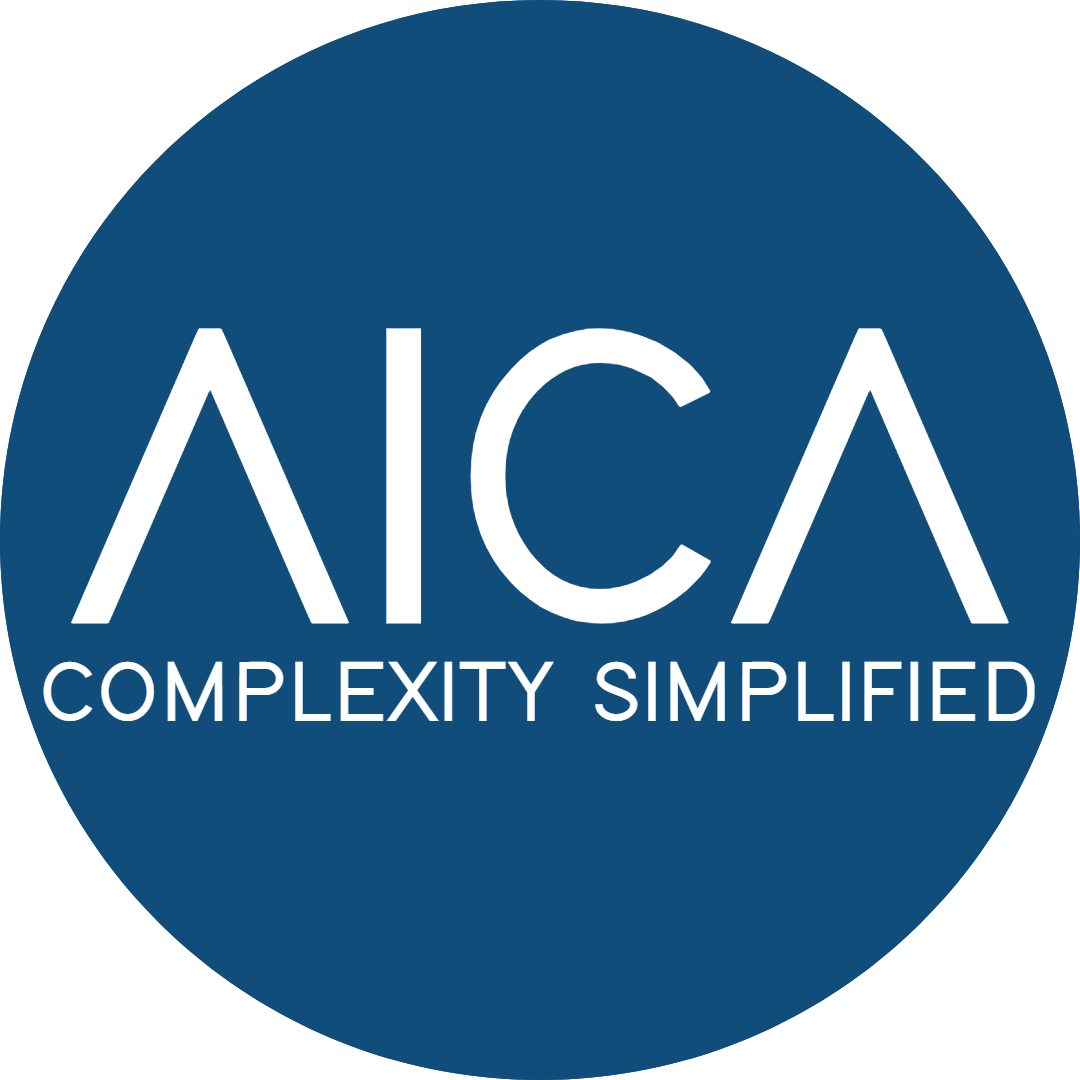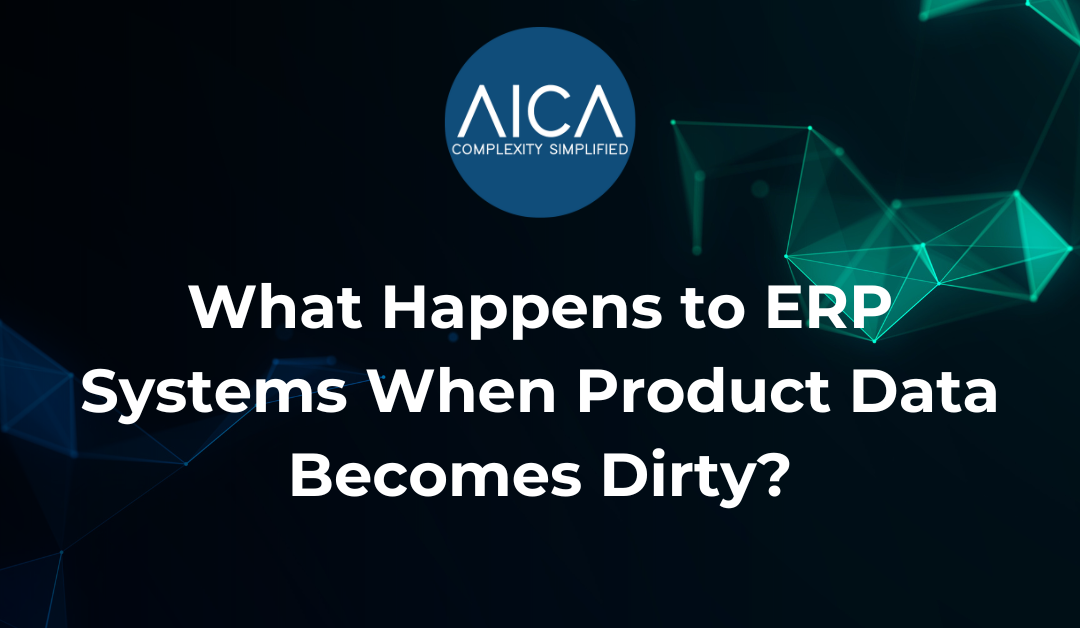Enterprise Resource Planning (ERP) systems are designed to streamline operations, enhance decision-making, and provide a centralised hub for business processes such as procurement, inventory management, and production planning. However, these systems are only as good as the data they process. When product data becomes dirty—riddled with errors, inconsistencies, or redundancies—the efficiency and reliability of ERP systems are significantly compromised.
Let’s explore what dirty data is, its impact on ERP systems, and how organizations can address these challenges to optimize their operations.
What Is Dirty Data?
Dirty data refers to inaccurate, incomplete, inconsistent, or corrupted information that disrupts the functionality of ERP systems. Common examples of dirty data include:
- Poor Language Rectification: Misspelled words, unclear descriptions, or inconsistent terminology in product entries can confuse users and systems alike.
- Duplicate Records: The same product entered multiple times with slight variations creates inefficiencies in procurement and inventory management.
- Missing Data: Gaps in critical attributes such as product specifications, dimensions, or supplier details hinder decision-making and operational planning.
- Corrupt Data: Damaged or incorrectly formatted data files disrupt data flow and usability in ERP systems.
- Anomalies: Unexpected deviations in data, such as incorrect pricing or mismatched units, lead to reporting errors and operational delays.
The Ripple Effects of Dirty Data on ERP Systems
1. Procurement Inefficiencies
Dirty data prevents procurement teams from sourcing the correct products and negotiating favorable terms. Issues like duplicate entries or missing supplier details lead to:
- Over-ordering or under-ordering critical items.
- Missed opportunities for bulk discounts or supplier consolidation.
- Errors in purchase orders, resulting in delays or increased costs.
2. Inventory Management Chaos
ERP systems rely on accurate data to manage stock levels and optimize inventory. Dirty data results in:
- Overstocking or stockouts due to unreliable inventory records.
- Higher holding costs for excess inventory.
- Inefficiencies in locating and managing inventory items.
3. Disrupted Maintenance and Operations
In industries such as manufacturing and mining, ERP systems support equipment maintenance scheduling and resource allocation. Dirty data causes:
- Delays in sourcing the correct parts due to incomplete or inconsistent product descriptions.
- Increased downtime as maintenance teams struggle to locate or procure necessary components.
- Reduced equipment lifespan due to missed maintenance opportunities.
4. Financial and Compliance Risks
Financial accuracy and regulatory compliance hinge on clean data. Dirty data leads to:
- Errors in invoicing and payment processing, causing disputes and financial discrepancies.
- Non-compliance with procurement regulations due to inaccurate supplier records or certifications.
- Inaccurate financial reporting, which affects audits and decision-making.
5. Reduced ERP System Effectiveness
ERP systems are designed to provide actionable insights through analytics and reporting. Dirty data compromises this capability by:
- Producing skewed reports that misrepresent operational performance.
- Reducing trust in ERP outputs, which undermines strategic planning.
The Importance of Clean and Enriched Data
To ensure ERP systems deliver maximum value, product data must be:
- Accurate: Free from errors or inconsistencies.
- Complete: Containing all necessary attributes and details.
- Standardized: Presented in a consistent format with unified naming conventions.
- Enriched: Enhanced with additional attributes, such as classifications and supplier details, for greater usability.
How AICA Supports Clean Product Data for ERP Systems
At AICA, we specialise in helping automate the data cleansing process while supporting manual QA/QC to ensure the highest levels of accuracy. Our solutions empower organisations to maintain clean and enriched data, enabling ERP systems to function optimally.
AICA’s Key Features:
- Data Cleansing
- Identifying and Removing Duplicates: Eliminate redundant entries for streamlined procurement and inventory processes.
- Error Correction: Rectify inconsistencies in language, formatting, and attributes to enhance data clarity.
- Anomaly Detection and Correction: Identify and address discrepancies in pricing, units, and other critical attributes.
- Data Enrichment
- Fill in missing data points such as specifications, classifications, and supplier details.
- Standardise product descriptions for consistent use across the ERP system.
- Seamless ERP Integration
- AICA integrates directly with ERP systems, ensuring cleansed and enriched data flows seamlessly into procurement, inventory, and maintenance modules.
- Continuous Data Maintenance
- Data cleansing is not a one-time process. AICA supports ongoing maintenance, ensuring data quality over time to prevent the recurrence of dirty data issues.
Final Thoughts
Dirty data can cripple the efficiency and effectiveness of ERP systems, leading to increased costs, operational delays, and missed opportunities. By maintaining clean and enriched product data, organisations can unlock the full potential of their ERP systems, driving better decision-making and streamlined operations.
With AICA’s advanced data solutions, businesses can achieve and sustain high-quality data, ensuring their ERP systems operate at peak efficiency.
Ready to transform your ERP data management? Contact AICA today to learn how we can help your organisation maintain clean, enriched, and reliable data.
Copyright Reserved © AICA Data International Ltd 2024

